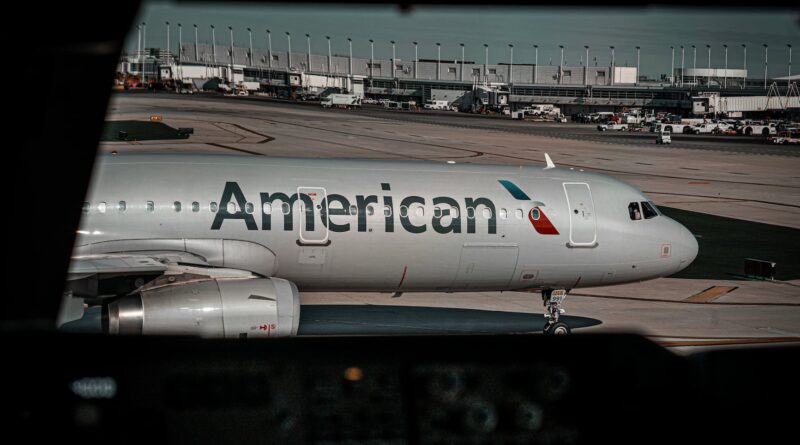AA Flight Attendants Officially Request Strike Permission from Biden Administration
Last week, we told you about AA flight attendants’ plans for a potential strike during the busy Christmas travel season. Just as we expected, the Association of Professional Flight Attendants (APFA) today officially requested permission from the Biden administration to go on strike, as contract negotiations with American Airlines remain deadlocked. The president of the APFA made the announcement on Monday, stating that she had written to the National Mediation Board (NMB) seeking approval to enter a 30-day cooling-off period as mandated by the Railway Labor Act (which despite the name, also applies to air transport).
Under the provisions of this act, flight attendants must secure permission to enter a cooling-off period before they can legally engage in any “self help” action, such as walking off the job. It’s uncertain when exactly we’ll see a formal response with a yay/nay decision from the NMB, but it’s highly unlikely we’ll see anything immediate, most likely foiling plans for the strike to take place during the busy Christmas travel season. Realistically, it could be early 2024 before we even see a formal response.
Julie Hedrick, the APFA National President sent a letter to the National Mediation Board on Monday, November 20 requesting a release into a thirty day cooling off period. This represents the next phase in our comprehensive campaign for a new contract.
The big question of course is when will the NMB act upon our request? The answer is we do not know. There is no set timeframe for the NMB to act on our request as the decision to release us is solely within the discretion of the mediation board. While we understand this can be frustrating it is the process under the Railway Labor Act.
APFA Press Release
It’s unlikely a strike would completely shut down the airline, if it’s even approved at all. Even if the NMB grants approval, the Biden administration could impose restrictions or mandate minimum service levels to mitigate the impact on the public. We expect disruptions to be more akin to that of a large weather system snarling travel across the US – only this disruption will only impact AA.
AA flight attendants, while earning a base pay comparable to their Delta counterparts, face disparities in profit-sharing due to AA’s less robust financial performance. Factors such as AA’s substantial debt load from maintaining the youngest fleet among major carriers, and a less expansive international route network all contribute to the airline’s financial challenges. While AA is not a low-cost carrier, it currently faces some of the same financial challenges LCCs are up against.
Namely, domestic travel is way off, while international demand remains robust. AA has a very strong domestic route network focused on fortress hubs such as Dallas-Fort Worth (DFW) and Charlotte-Douglas (CLT). However, they are severely lacking on international routes; during the pandemic, they retired older 757s and 767s, anticipating that the Boeing 787 Dreamliners they’d ordered would materialize by the time travel made a meaningful return. Boeing, however, has dropped the ball on delivering these 787s in a timely manner, giving an advantage to Delta and United, who have largely held onto their older widebodies.
I’m honestly skeptical we will see a strike materialize at all, over Christmas or otherwise. Despite the Biden administration’s friendly stance towards unions, the administration has a track record of intervention at the 11th hour to prevent significant disruptions to essential services. We’ve already narrowly avoided a UPS strike, as well as a freight rail strike that would have made getting essential goods and even clean water extremely difficult. I don’t see why it would be different this time. That said, the uncertainty alone could impact AA’s bottom line, as passengers book travel with competitors for greater certainty of their plans.
This labor dispute places President Biden in a delicate position, balancing his pro-union image with the need to avoid being associated with disrupting Christmas travel plans, especially after the challenges faced by that other Dallas-based airline during last year’s Christmas season. While concerns linger, historical patterns suggest that, if a strike becomes imminent, resolution may be reached at the eleventh hour.

